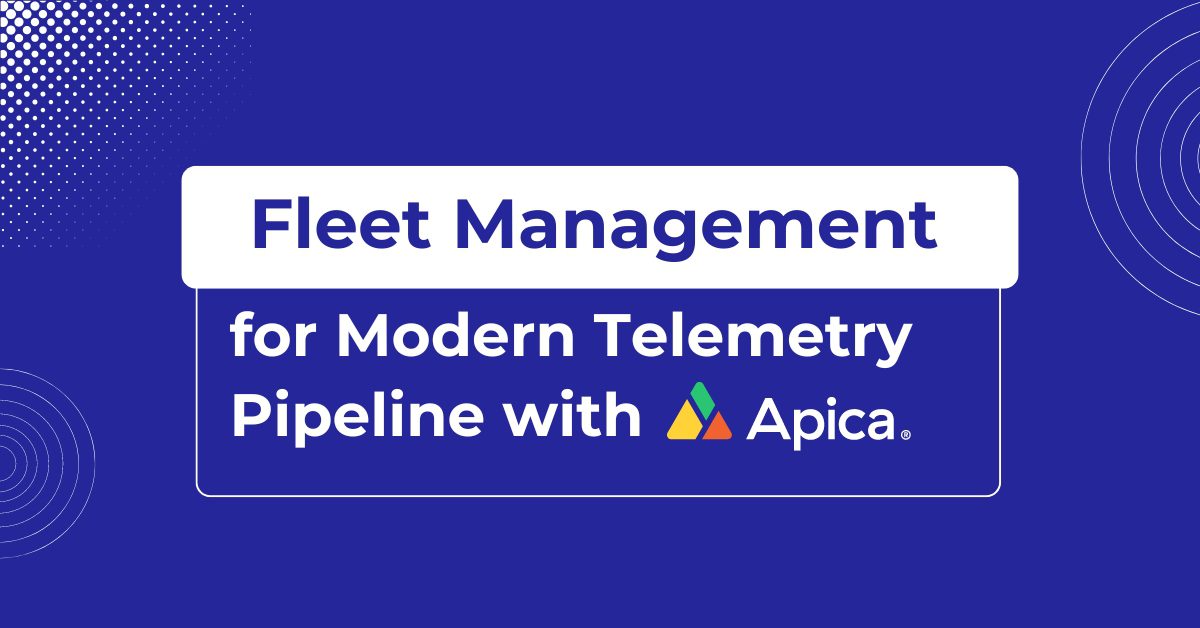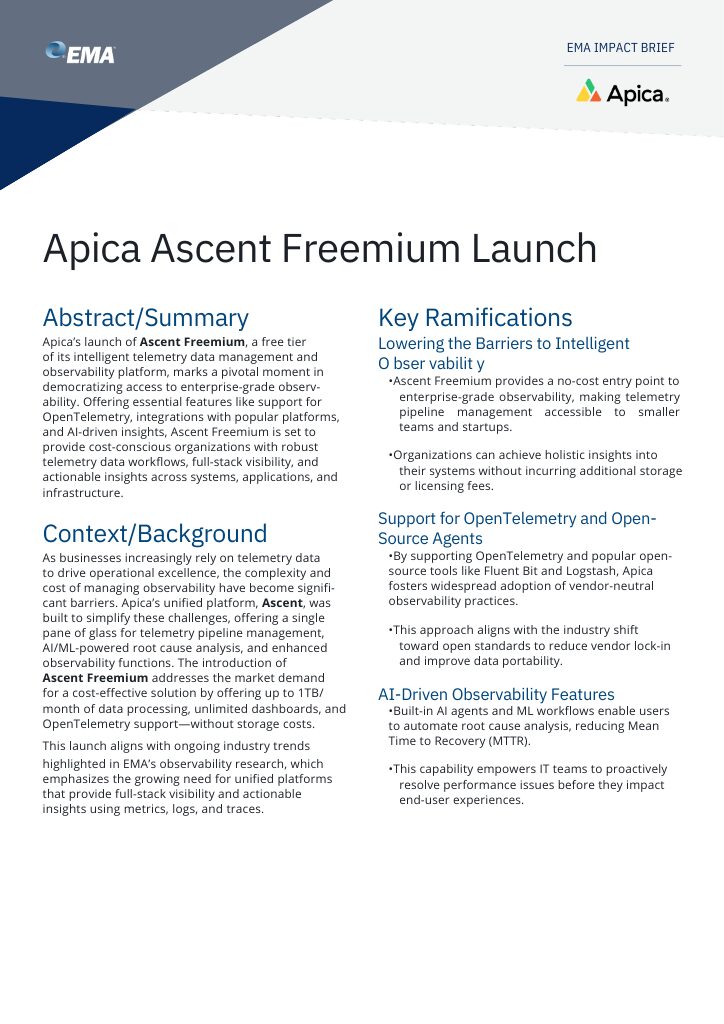Manchester United has the fastest responding web site in the Premier League, according to extensive tests performed by Apica, an IT company specialised in web performance and testing. Everton has the slowest web site. Surprisingly, only nine of the 20 EPL clubs have web sited that load fully within an acceptable three-second time period.
The English Premier League is the most popular and lucrative football league in the world. The 20 clubs’ combined revenues are £2,3bn annually, according to accountancy firm Deloitte, and the clubs’ web sites are an important channel for communicating with supporters and sell match gear etc. But not even half of the clubs’ web sites are up to par when it comes to load times, according to Apica, a leading provider of performance-monitoring and load testing services for web, cloud and mobile applications.
Web specialists Apica has tested the websites for all 20 clubs in the English Premier League and found them to be of very varying quality, measured in response times (the time the site takes to load completely in a web browser). Only nine of the 20 clubs managed to load their respective sites completely within the acceptable three-second time frame.
It turns out that the clubs that are best with the ball are also the best on the net. Manchester United has the fastest response time in the excellent 0.4 seconds. In second place is Liverpool with 0.5 seconds while third place goes to Arsenal with a web site that loads of 1.3 seconds. Everton, Wigan and West Bromwich Albion have the worst response times, all over six seconds. Everton’s 7.3 second web site load time is the poorest in the Premier League.
“That so many teams in the Premier League have web sites with load times of five, six seconds is quite surprising,” said Sven Hammar, CEO, Apica. “Less than three seconds is considered acceptable without risking visitors leaving your web site because it is too slow. These slow response times are damaging to the clubs’ brand, fan loyalty and revenues.”
The English Premier League on the web looks like this:
| Manchester United | 0.4 seconds |
| Liverpool | 0.5 seconds |
| Arsenal | 1.3 seconds |
| West Ham | 2.0 seconds |
| —————- | |
| Tottenham | 2.1 seconds |
| Aston Villa | 2.4 seconds |
| Fulham | 2.6 seconds |
| Manchester City | 2.8 seconds |
| Chelsea | 2.9 seconds |
| Newcastle | 3.7 seconds |
| Sunderland | 3.9 seconds |
| Swansea | 4.7 seconds |
| Stoke | 4.8 seconds |
| QPR | 4.9 seconds |
| Norwich | 5.0 seconds |
| Reading | 5.1 seconds |
| Southampton | 5.1 seconds |
| —————- | |
| WBA | 6.2 seconds |
| Wigan | 6.3 seconds |
| Everton | 7.3 seconds |
A deeper analysis shows that the biggest web sites are those that take the longest to load because they contain material from a variety of external domains, like advertisements, Facebook etc. The load time for Everton’s web site without external content is only a fraction ot the 7.3 seconds it takes with all the external content (and the reason for the slow load time). The three fastest sites are all less than 1 Mb in size with little external content – a textbook example of web optimisation.
“The reason why many web sites are so slow is because their web masters cannot refrain from adding large images and movies. Nor do they have control over their so-called third-party material (external content such as Facebook, Twitter etc),” adds Hammar.
“For the customer experience, short load times is extremely important. People have become used to virtually immediate load times from Google and Facebook, and do not accept a five second wait. Response times also affect a site’s Google ranking. Web masters must stop adding “fun” features, and CIO’s must take control over measuring, monitoring and optimising the site”, concludes Sven Hammar.
Measured in terms of availability (uptime), the clubs’ web sites perform quite well with an average uptime of 99.7 percent. Tottenham has the poorest web site in this respect wih an average uptime of 98.8 percent (i.e. the web site is down 17 minutes per day, on average).
About Apica
Apica is a leading provider of load testing and performance monitoring solutions that test, monitor and optimize cloud and mobile applications. More than 250 customers, including Newsday, PricewaterhouseCoopers, eBay Sweden and Thomas Cook, use Apica for the highest possible performance standards globally and in the cloud.
Apica’s products are uniquely designed for cloud infrastructure and have performed some of the largest published load tests ever conducted. Apica WebExcellence Suite includes Apica LoadTest, Apica WebPerformance and Apica WebOverload, for testing applications for maximum capacity, real-time performance, improved load times and protection from peak load. Apica was founded in 2005 and is based both in Stockholm, Sweden and Palo Alto, Calif., with offices in the UK. To learn more about Apica, visit http://www.apica.io.
Media Contact:
Sven Hammar
CEO, Apica AB
Phone: +46 8 400 273 27
Mobile: +46 735 05 90 68
Email: [email protected]









